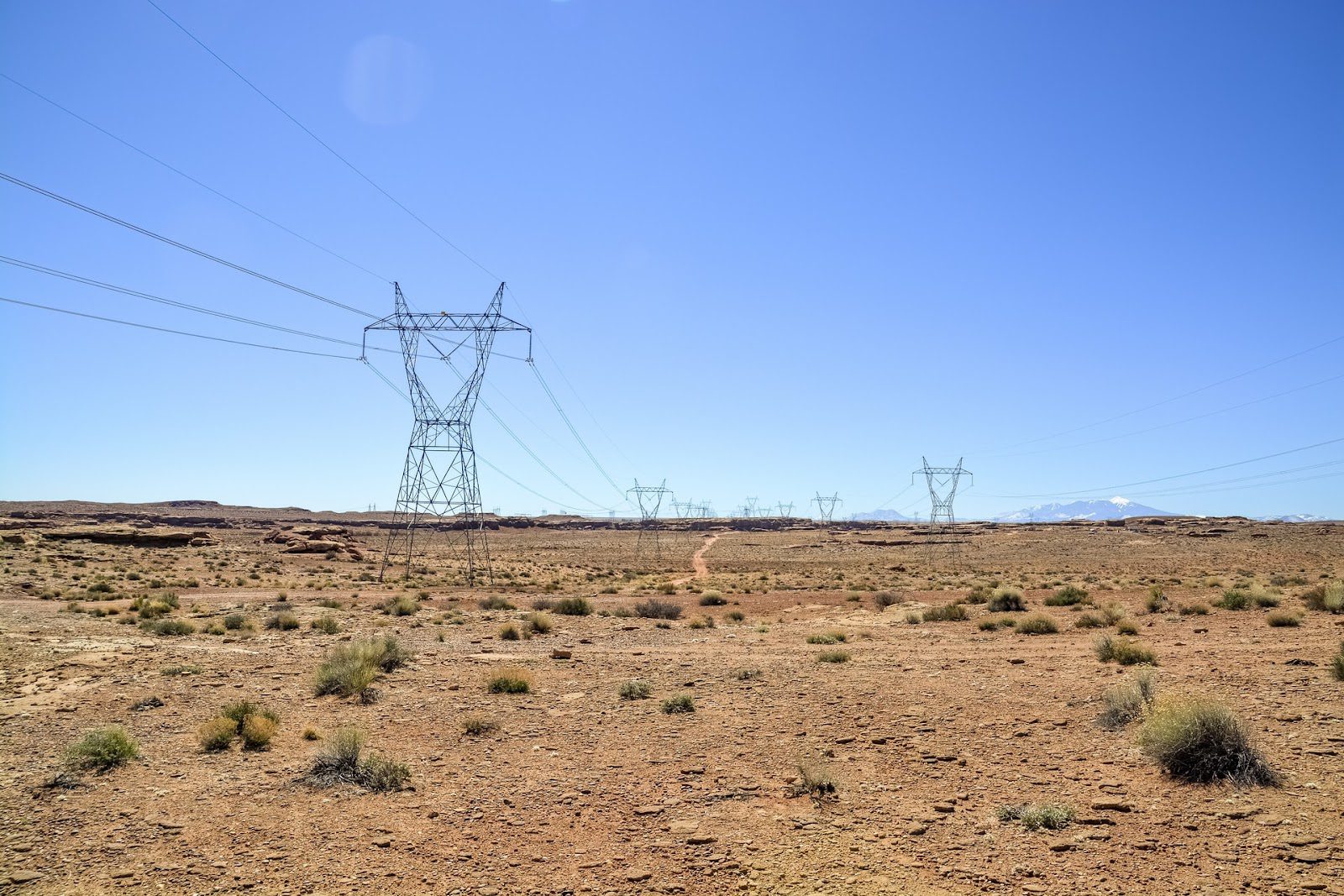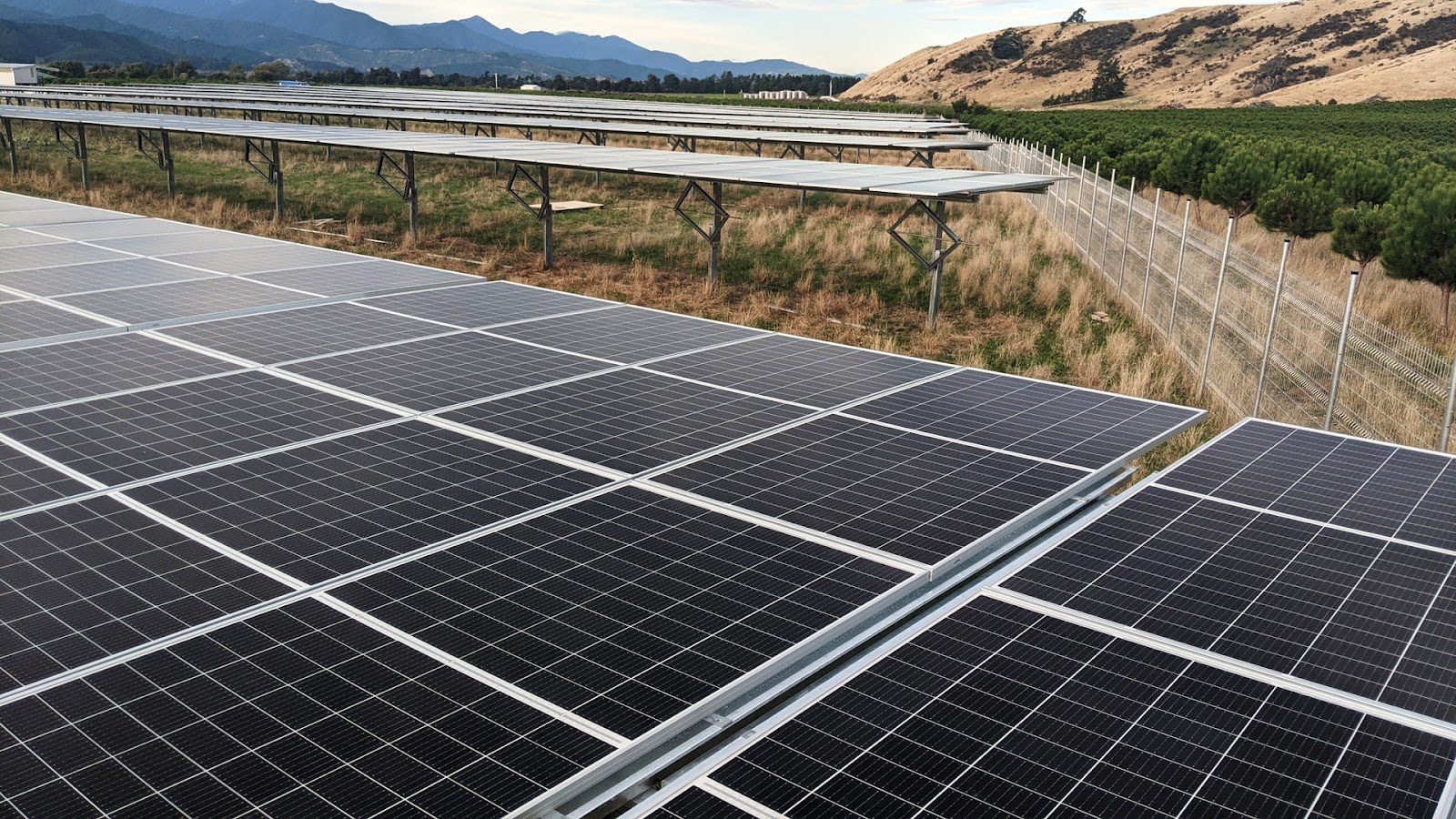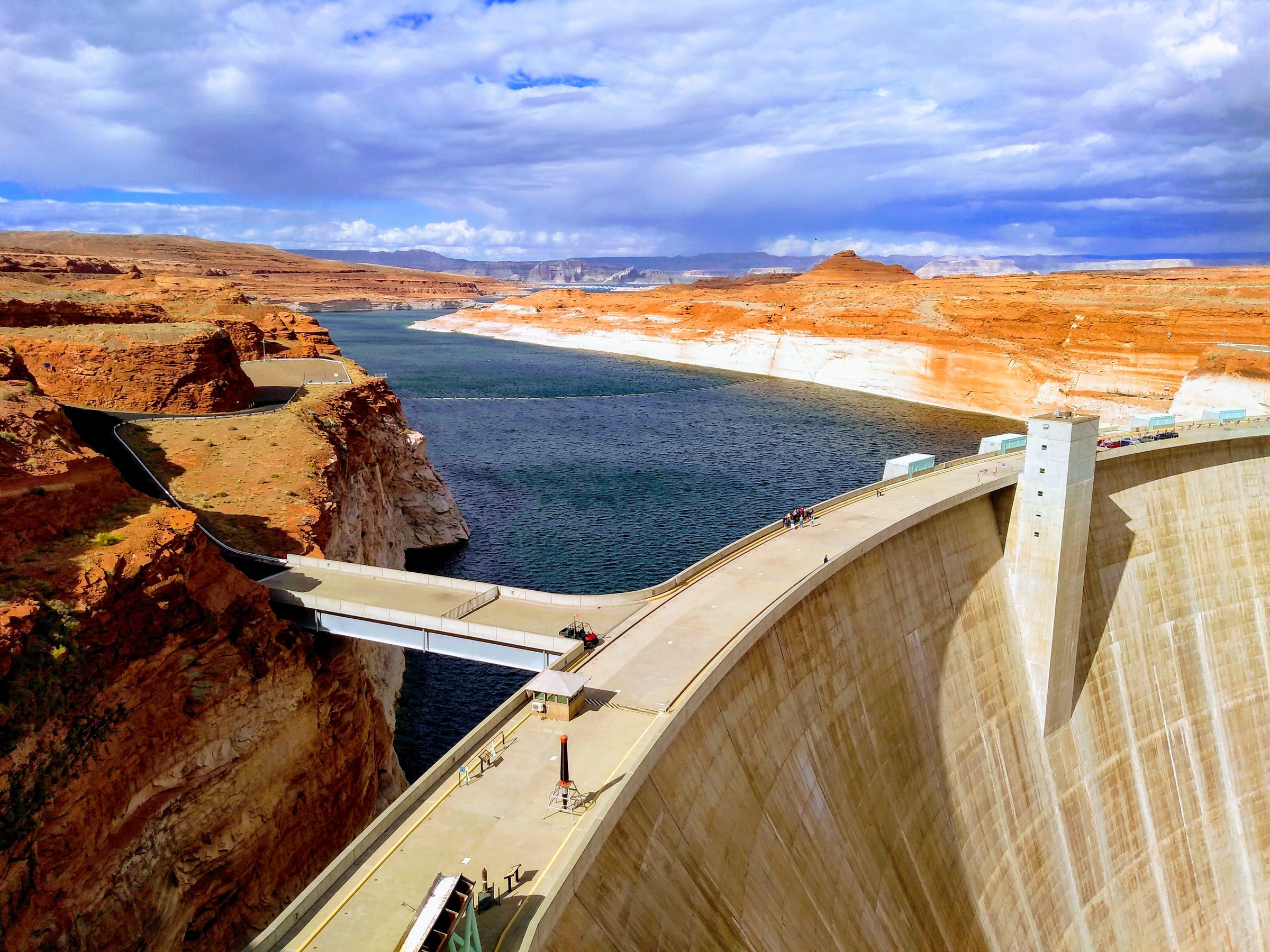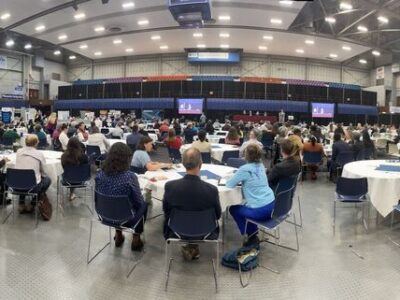Arizona’s infrastructure is growing at a rapid pace that is triggering significant economic growth and business investment across the Grand Canyon State. Arizona’s energy grid, water systems, broadband capacity and roads are being updated at an extraordinary pace, fueled by massive support from healthcare and manufacturing corporations. The necessity of the changes–even in the third-youngest state in the union–is an indication of how old much of America’s infrastructure is. As the state and companies who call it–or plan to call it–home make these investments, the future gets brighter and brighter in this sun-soaked state. Phoenix and the surrounding Valley of the Sun, as well as smaller cities such as Mesa, are setting an example for others around the country.

“We started investing in the infrastructure of the future about 10 years ago,” said Bill Jabjiniak, Mesa’s economic development director. “It was a controversial move at the time putting in fiber, improving roads and getting power, sewer, and water to an essentially undeveloped area. Now, new construction is starting all the time,” Jabjiniak futhered.
Natural gas, electricity, waste removal and drinking water have been the focus of the improvements. As these grids and systems become more modern and reliable, businesses are drawn to the area. “New” and “modern” are important buzzwords for cities and towns that hope corporations will bring in new business.
“Whether it’s infrastructure or energy, businesses [who invest in our state] are looking for reliability,” said Sandra Watson, CEO of the Arizona Commerce Authority. “Arizona was recently ranked as having the second most-reliable energy grid in the country. When you pair that with our abundant renewable energy and modern highways, airports, rail, ports of entry, and public transportation, Arizona stands out as an ideal location for doing business in the global economy. Here, companies have access to reliable, affordable energy with a low risk of natural disasters. Infrastructure is not only important for freight and logistics companies, but also advanced manufacturers looking to sell their products around the world.”
The city of Phoenix is going a step beyond, including improving street sizes for transport trucks, fiber for telecommunications, and making sure numerous high-speed internet service providers are available everywhere in the city. Companies such as the Phoenix Children’s Hospital and Taiwan Semiconductor have focused on expansion in the area, with the former investing $600 million in the state and creating 650 new healthcare jobs in the process. Taiwan Semiconductor plans to spend $12 billion on a new computer chip factory. Arizona’s impressive modern infrastructure is a key selling point as businesses jockey to relocate to the best places across America. And the payoff is huge. Despite the pandemic, Phoenix’s economy has remained strong throughout the past 18 months–a point that city leaders attribute to the fact that they have been building the infrastructure to ensure economic stability.
One of the most important infrastructure issues nationwide is high-speed internet. Arizona may be working to improve state-wide connectivity, but its average speed of over 166 Mbps is one of the better rates in the nation. This is another example of the state investing early–for more than a decade, the state government has given grants to companies working to improve connectivity. More than $71 million has been awarded to broadband improvement projects.

“It’s no secret that elected officials and business leaders have been working diligently to attract high-wage employment, professional companies and headquarters…We’re seeing that, even during a pandemic. Microsoft, TSMC, Ball Corporation, White Claw and so many others have joined us during this challenging time,” says Sintra Hoffman, CEO of Glendale’s Western Maricopa Coalition.
Infrastructure investment is paying big dividends in Arizona’s economic growth. The state is expected to lead the nation in job creation for the next decade because the state, community and business leaders have committed to moving the state forward with sustainable, healthy and modern systems. These steps are a win-win for the state, its residents and the worldwide corporations who are increasingly choosing to relocate to the Grand Canyon State.





